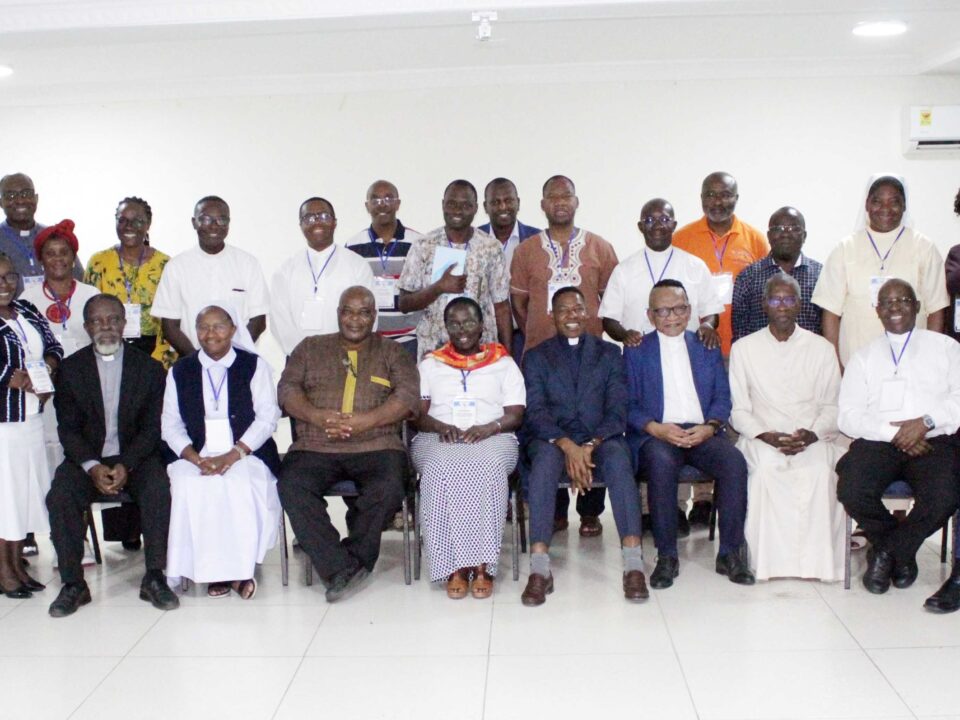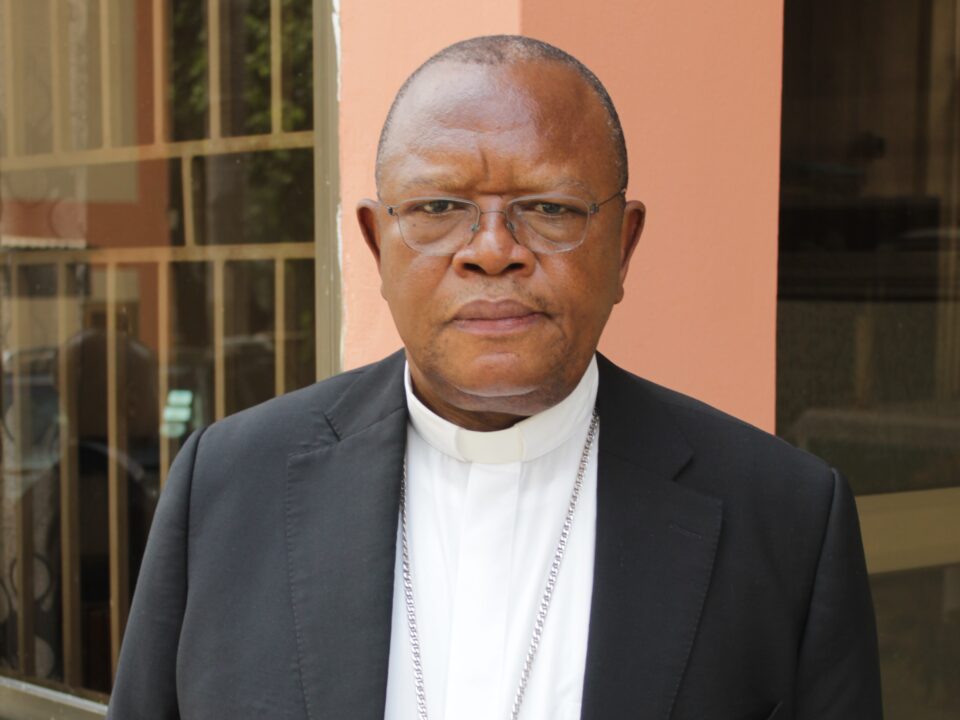- Contact us on - Contactez-nous sur - Contacte-nos em
- +233-30-277-8867/8
- +233-30-277-2548
- secam@secam.org
Message to SECAM from Catholic Relief Services
Your Eminences
Your Excellences
Fathers
Sisters,
The Vice President of Angola
Distinguished Guests
My name is Sean Callahan and I am the Chief Operating Officer of Catholic Relief Services – USCCB – the official overseas humanitarian organization of the United States Catholic Conference of Bishops. It is an honor to join in communion with this august body today to address the challenges to the family caused by violence, migration, and poverty.
I will highlight the importance of solidarity/communion, inspiration, and opportunity in my comments. We join in communion today, and it is critical that we harness the potential of the Church, the universal Church, to demonstrate its compassion, moral vision, and love. We must be a united Church that utilizes the Bishops conferences, priests, religious orders, and laity to respond to the challenges facing the family today, and we must steward our resources appropriately to have maximum impact.
We must also use the inspiration that is generated by the courage of the Church as it responds to epidemics, violence, and poverty. We see the courage of the Church in responding to violence in the Central African Republic and South Sudan, to food security in Ethiopia, and in responding to the HIV/AIDS pandemic and the Ebola crisis. In the case of the HIV/AIDS pandemic, the Director of the Global Fund, Mark Dybul, mentioned at a Vatican conference that the work of the Church in the early days of the HIV/AIDS pandemic (through PEPFAR – President’s Emergency Program for AIDS Relief, USA) was so far superior to other organizations that they asked for an external review. Once the external review supported the Church’s performance, they evaluated why the Church performed so much better than the other organizations. There were many factors, but the principal factor was trust. People affected by HIV/AIDS adhered to the protocols of the Church as the accompaniment of Church representatives during times of crises ensured the trust necessary to combat this dreaded disease. Similarly, governments reached-out to the Church to respond to the Ebola crisis as the governments did not have the credibility to facilitate the necessary behavior changes. I say this not to highlight the Church’s performance in a particular health intervention, but to highlight the importance of trust and faith in the Church in addressing these pandemics. The interventions promoted by the Church respected human dignity, the family, and the sacredness of human life, and it ensured that the family unit was maintained by insuring parents lived to care for their children.
We need to use this inspiration and courage to address the opportunities that lay ahead. The population of Africa will double in the next 30 years, from 1.1BN to 2.5BN people by 2050. This will challenge governments, the Church, and the family itself. We cannot respond to the requirements of this population through incremental actions, but only through exponential responses can their needs to met. We must be bold, have courage, inspire, and work together in communion/solidarity if we are to perform our role in building the kingdom of God on earth.
I look forward to the discussions of this conference, “The Family in Africa, Yesterday, Today and Tomorrow: in the Light of the Gospel” to demonstrate how we can respond to the challenges ahead through communion/solidarity, inspiration and courage, and by responding to the opportunities that the future holds.
Sean L. Callahan
Chief Operating Officer
Catholic Relief Services – USCCB




